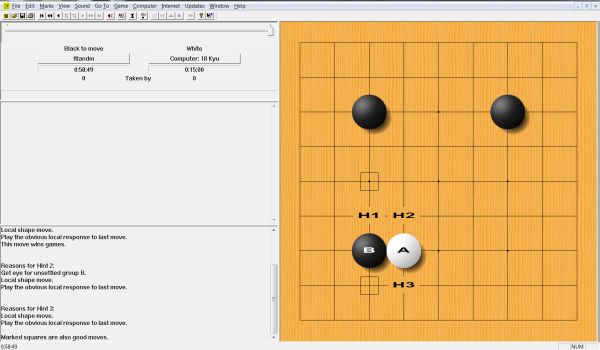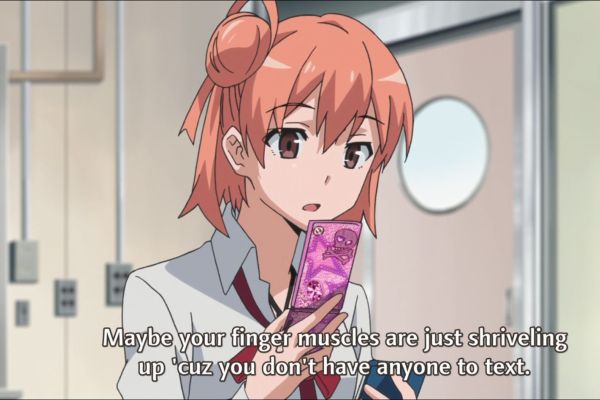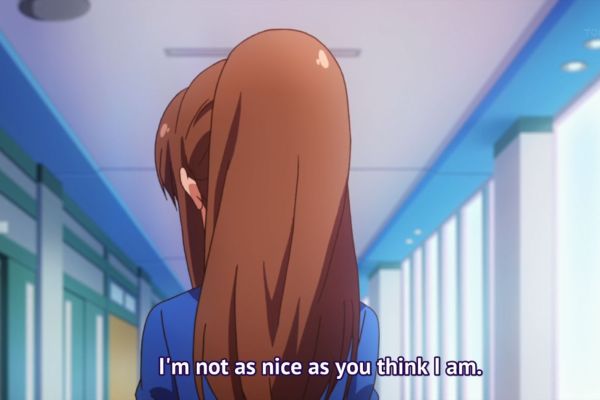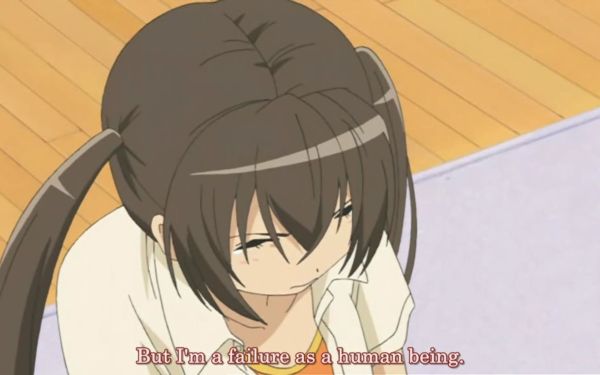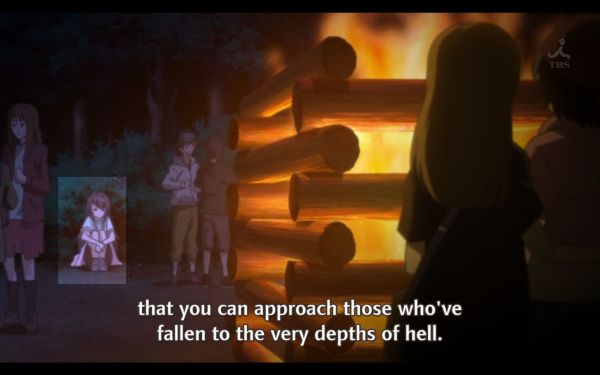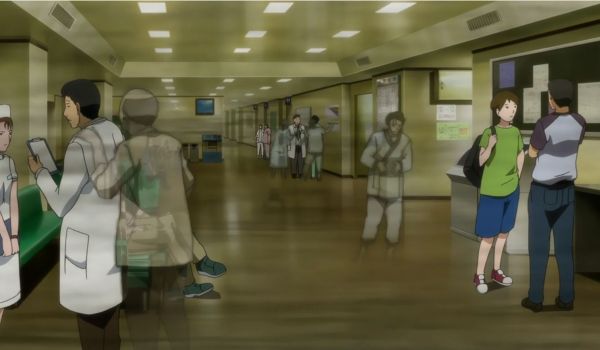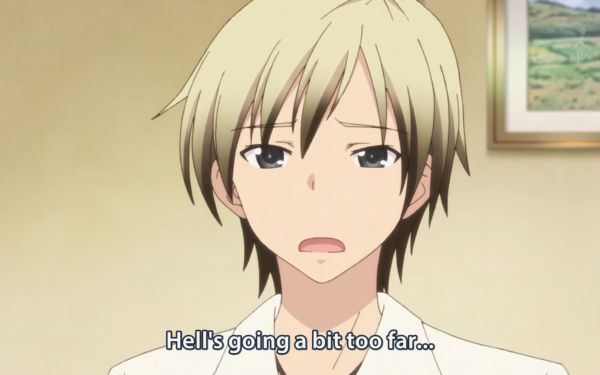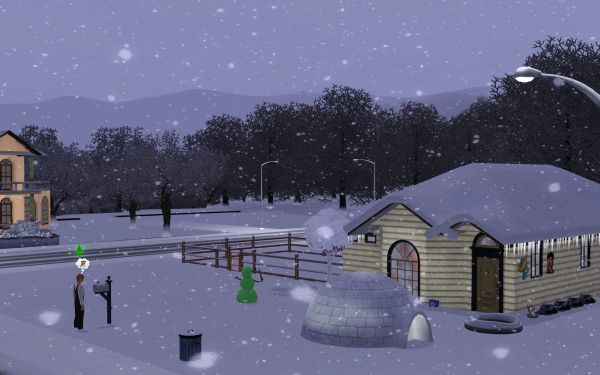
My self-sim built an alien snowman and a snow hut for it, but the aliens did not take the hint.
For a review, this is far too late. Even I bought the Seasons expansion pack months ago, but hesitated to install it. This was not a bad decision, as it turns out. Luckily I got it on sale, and after I have installed it and played with it a few days, I still would not recommend buying it at full price. Actually I am not sure I would recommend buying it at all, but if you get it as a gift and have a machine that runs The Sims 3 fast without hiccups, it does add some variation and realism to the game. Unfortunately for the new player, this realism mostly makes the game harder, not easier.
The expansion is centered on seasons (each with a holiday), weather and aliens. No, I have no idea either, except I think perhaps they could not fit aliens into any of the other expansions. Or perhaps they were worried people would not buy a mostly cosmetic expansion. Aliens came with the base game in The Sims 2, so there has probably been some demand for this. The expansion also adds some food recipes with a seasonal theme, like pumpkin for the fall. The recipes are available all year though. (As are the aliens.)
Now for the bad news:
If your computer was already working up a heat running the game, this expansion pack may be hard on it. Rain, snow, hail, fog, moving branches and falling leaves all put some strain on the video card. I am not sure how much of a problem this is, since any computer with enough memory to run the game without long pauses will probably also have a video card able to pull off the new graphics. But for the borderline cases where the computer is already struggling, this is not a recommended purchase. It adds more new graphics load than any of the others, since there is now much more movement on the screen.
If your sims are rural, back to nature types, you should be aware that gardening is now possible only approximately half the year, fishing a bit longer. (You can however change the seasons in the settings panel if this bothers you.) For outdoorsy types in general, there is now a risk of freezing to death in winter and catching fire in summer, so you should perhaps not leave them unattended as much as you could before. This makes the game more challenging, especially if you already have a lot of things going on and are taken by surprise. Save your game regularly.
Lightning is a risk in rainy weather regardless of season. Sims wearing an umbrella are more likely to get struck. Thunder and lightning are quite common on rainy days, so save your game regularly if you value your sims.
Alien abductions can now happen even if you don’t have a telescope. The deciding factor seems to be space rocks. If your sim has recently collected a number of these, they may be abducted in the middle of their daily (or rather nightly) activities. So if you don’t want your male sims to get pregnant, you should probably be careful about collecting rocks. I am still not sure why aliens have a place in an expansion focused on realism; I hear the game is made in California, though, so that might explain it. Anyway, avoid picking up meteorites if your idea of realism does not include male pregnancy and green babies.
New features:
The four seasons are each 1 week long unless you change the length in the game settings panel. As mentioned, you may want a longer summer if gardening is important to your sims, because both spring and fall include cold snaps of random length when your plants go into hibernation. It takes a bit more to freeze the ponds and sea, but winter will do it.
Near the end of each season, there is a season-themed festival. The sims will have the day off from school and work, and one of the public lots in town will become a festival lot for the duration of the day, where your sims can have fun and get some special stuff. You can also arrange parties with a seasonal theme on this day. There is also a small positive moodlet all day regarding of whether you engage in the festivities.
Summer is the first season when you start a new game. Many of the summer days are quite hot. You can have your sims change into bathing suits to avoid overheating, but sometimes this may not be enough. A parasol helps, and swimming and eating ice should also cool them down, although I have not needed these so far. Staying indoors should keep them cool as well. Summer is the only seasons safe from cold snaps, so get your garden going.
Autumn is visually appealing, with red leaves slowly falling. Unfortunately your garden may go dormant even early in the season if the weather is clear, bringing frost at night. If it rains, expect thunder. A Halloween-like celebration occurs near the end, complete with trick or treat and costume parties. Sims can woohoo in leaf if you rake it together.
Winter is the greatest difference. Snow falls frequently and covers the ground most of the season, radically altering the neighborhood view. Your sims can have fun building snowmen (different types can be discovered depending on their personalities) and snow huts that can be slept in. Sims can woohoo in snow huts. Flu is almost certain if you don’t get vaccinated, but there is also a super immunity trait that can be bought for lifetime happiness point. Finally, you can also freeze to death.
Spring doesn’t look all that different from summer, once the garden thaws out at least. But there are now wildflowers, a new type of collectible. I am not sure if they can be used for anything except selling. Probably. I doubt sims can woohoo in them though, there are just scattered individual flowers. Allergies are almost certain if you don’t get vaccinated or have bought the super immunity trait. The thunder is back. Save early, save often. Preferably get Awesomemod, since it has an autosave-feature with adjustable interval. I use half an hour.
The aliens have been strangely quiet in my game: I have played for about 3 generations and had only one abduction (a young teenager, no pregnancy) and one friendly visit (the game crashed while talking to the alien). I’ve heaped up space rocks, which is now supposed to be what attracts them, but they remain shy. So not much to tell about them. They supposedly have superior brain powers, so I wouldn’t mind try playing one.
Are the new features worth the hassle? For me as a highly skilled player with a fast computer, yes, but just barely. For a new player, the game can be hard enough without being harassed by lightning, spontaneous combustion, freezing to death or getting pregnant by alien abduction.
***
Edit to add: In the end, I was on the verge of uninstalling the expansion, but decided to actually open the game settings panel (F5 in-game) and look at the Weather and Environment tab. It allows some fine-tuning, but in the end I just turned off rain altogether. It is not realistic, but far more realistic than having to stay indoors a quarter of the time due to lightning. Well, I suppose the realism depends on where in the world you live. But here in southern Norway I estimate rain to take up perhaps 15% of the time and lightning 3% or so. My best guess for the game was around 30% and 25% respectively. At least that is what it felt like, and in a game that is all that counts.

